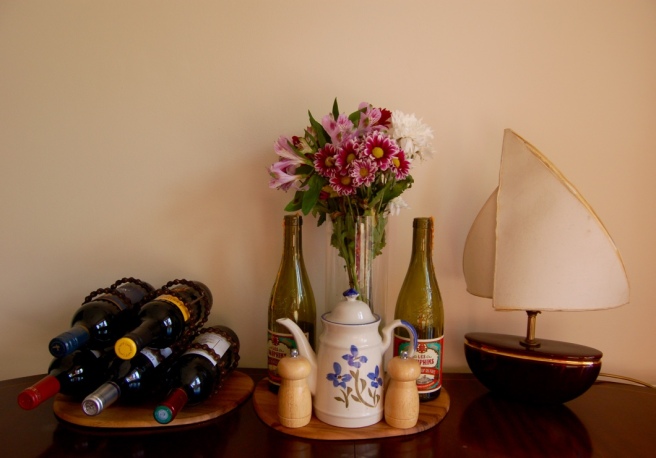
I wrote a while back about how we were swapping out short-lived sponges and cloths for ten durable cloths that we would wash and reuse. These cloths served us well, but a few years, and one house move (and therefore epic clean) later, and we needed a few replacements. I thought about hopping back on Ethical Superstore to buy some more, but then remembered a crochet pattern for washable cotton wool pads that I had stumbled across a few years ago. Rather than introducing new resources to our home, this would use up ones we already had to hand. I eyed up my knitting basket, and hatched a plan.



